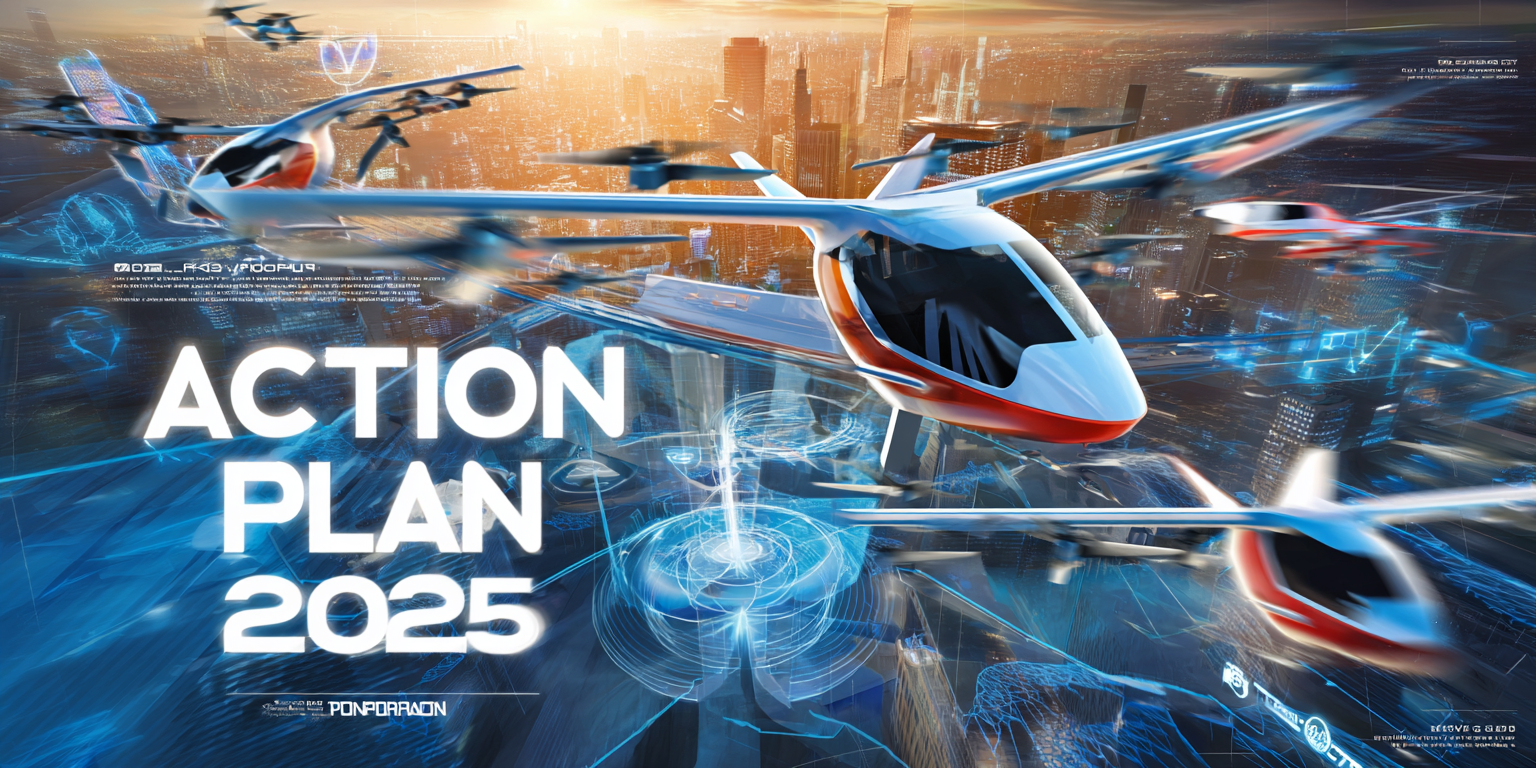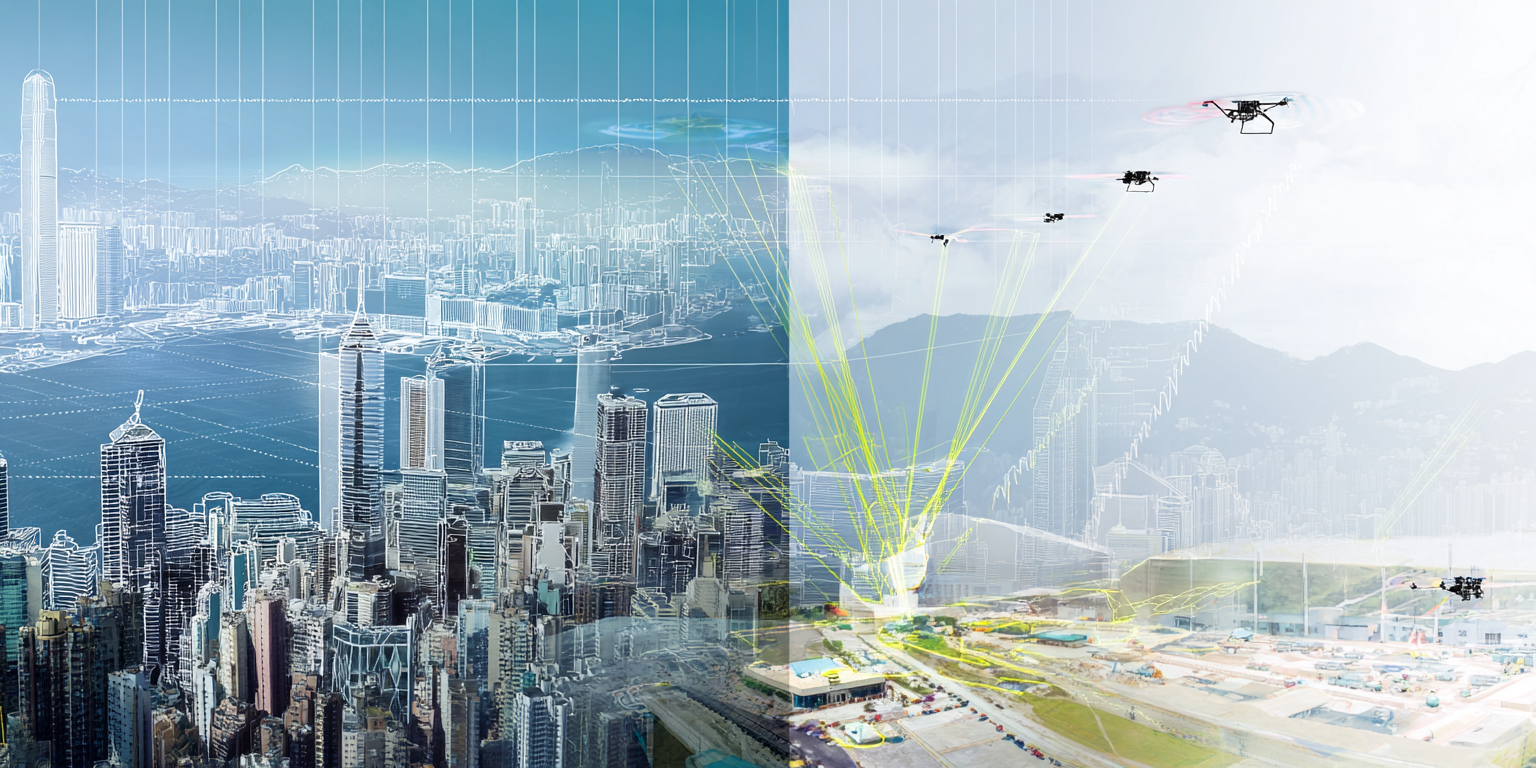Solidion Technology has developed a new battery that uses sulfur to provide a higher energy density and capacity than traditional lithium-ion batteries. This breakthrough technology promises to offer more efficient and longer-lasting power solutions for various industries, including eVTOL electric aviation.
The eVTOL industry, which stands for Electric Vertical Takeoff and Landing aircraft, is rapidly evolving, with over 200 projects underway worldwide. From startups to established aerospace giants, companies are creating various designs, from drones to airplane helicopter hybrids, each tailored for specific uses such as air taxis, cargo transport, and personal travel.
These next-generation eVTOL aircraft are expected to revolutionize urban air mobility and transportation. However, the main challenge in making these aircraft a reality is the heavy battery pack required to power them. The energy stored in a battery pack with a reduced mass must be significantly increased before the eVTOL industry can truly take off. This is where Solidion's lithium-sulfur batteries come in, offering an innovative solution for energizing these aircraft. Lithium-sulfur batteries enable longer flight ranges, reduced emissions, and quieter operations.
According to recent statistics, there are currently 288 Electric Vertical Takeoff and Landing Aircraft companies. With technological advancements and the increasing demand for efficient and sustainable transportation, the eVTOL industry is poised for growth and transformation in the coming years. Industry experts agree that "eVTOL aircraft needs a battery system with a gravimetric energy density > 400 Wh/kg"2. For an air taxi to carry more passengers, a battery cell energy density higher than 450 or even 500 Wh/kg will be required.
Lithium-sulfur (Li-S) batteries are currently the only practical energy storage solution capable of delivering such a high energy density (theoretically >600 Wh/kg) to power the transition to electric air mobility.
The Solidion technical team began developing Li-S batteries in 2010. Solidion has built the complete IP (including 100+ US patents and numerous international patents on Li-S batteries) and essential technologies for fully commercializing these ultra-high-energy batteries. These technologies, covering protected lithium metal anode, quasi-solid or solid-state electrolyte and separator, graphene-enabled cathode, and innovative battery cell-to-pack designs, position Solidion as a global leader in high-energy batteries for air mobility.
Solidion Technology, Inc. (Solidion) results from a merger between Honeycomb Battery Company (HBC) and Nubia Brand International Co. Solidion's advancements in lithium-sulfur batteries are a crucial enabler for the eVTOL industry.
By addressing the critical challenges of energy density and safety, Solidion contributes to making eVTOL aircraft technically feasible and economically viable. The potential to double the range of eVTOL aircraft compared to those powered by traditional lithium-ion batteries could make air mobility services accessible to a broader population segment, drawing in more rural travelers.
The evolution of the eVTOL industry will be closely watched. Its success hinges not only on technological advancements but also on regulatory, economic, and social factors. In this context, companies like Solidion Technology play a pivotal role, not just as innovators in battery technology but as integral players in shaping the future of sustainable urban mobility.




